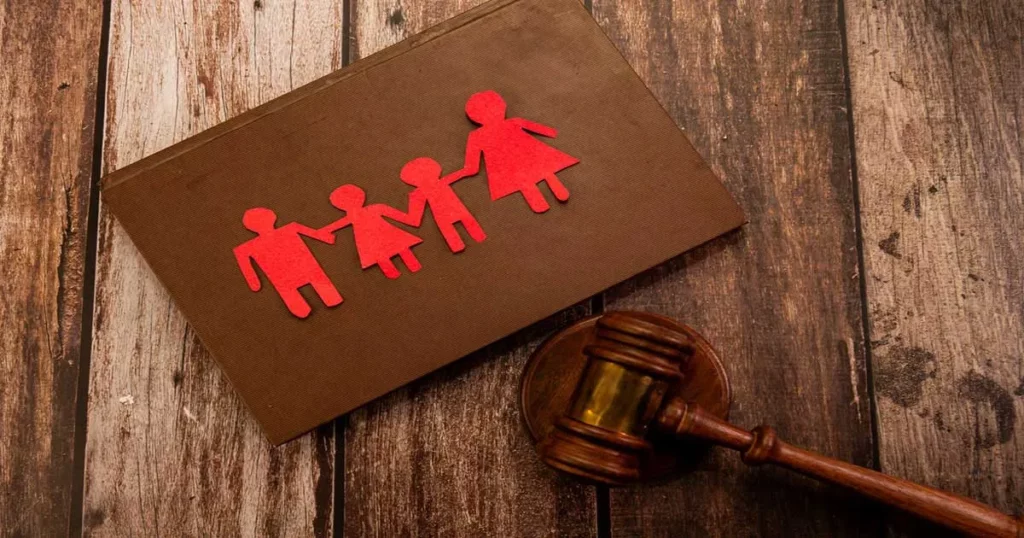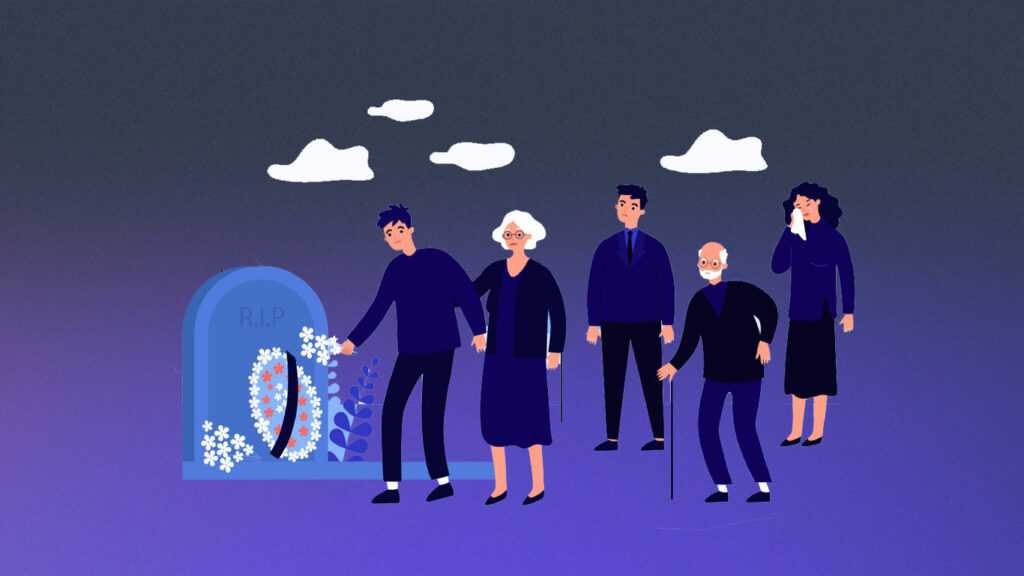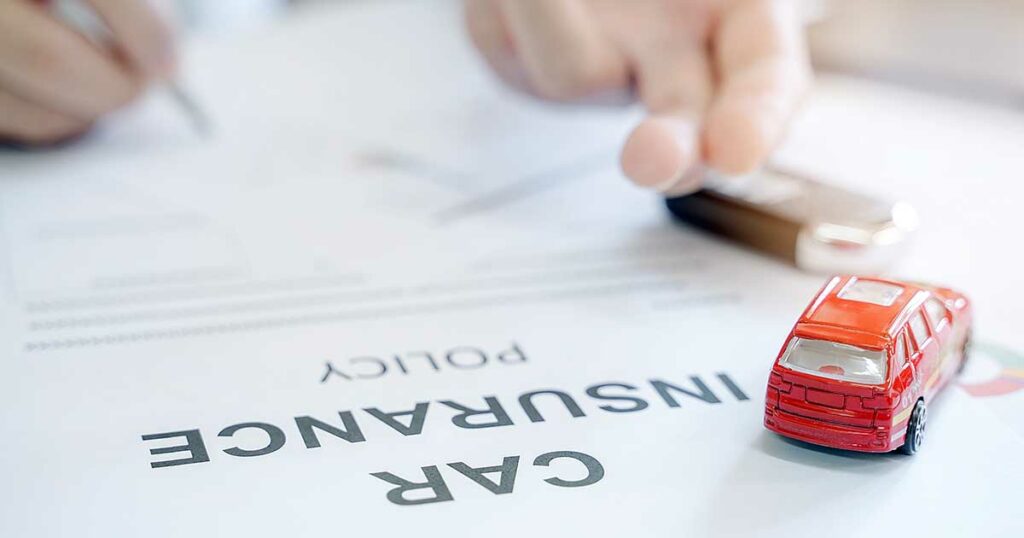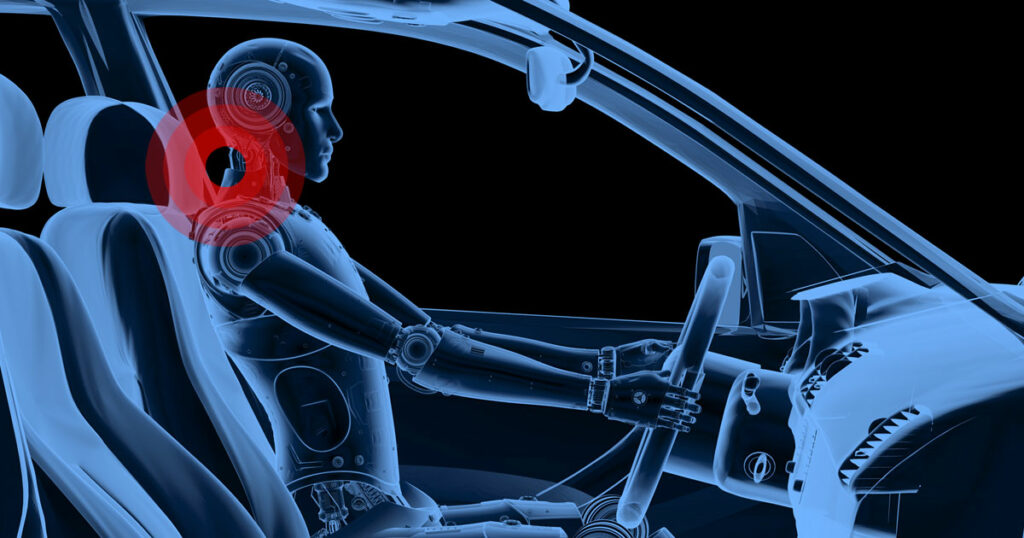Public Place Injuries | How Can We Help You?

Public Place Accident Claims
Everyday in Ireland, people suffer from accidents in public places. Examples of trip, slip and fall injuries occur at all privately and publicly owned places such as footpaths, wet floors, gyms, airports, restaurants, schools and parks. An accident like this can lead to serious injury, ongoing discomfort and in some cases it could lead to disability. Have you had an injury in a public place and need your legal questions answered, Talk to us today, we are here to help.
Claiming for Accidents in Public Places
If you have been unfortunate enough to suffer an injury from an accident in a public place, you may be able to pursue a personal injury claim. If your accident was the result of a slip, trip or fall in a public area which is owned by a local county council you can bring a claim against this local council because it’s the duty of the local council or building owner to provide a safe environment for the users of the public place.
What to do if you’ve had an accident in Public?
So, if you or your child have been injured in an accident in a public area, be sure to keep a record of the event; and take photographs, names and home addresses of witnesses; keep evidence of doctors visits related to the incident and keep receipts for any injury related expenses as this will be needed to prove liability. However, there is a 2 year time limit to making a personal injury claim from the date of the accident, so it’s advisable to seek expert legal advice as soon as you think you may have a valid public place accident claim. It’s often easier to investigate your accident claim if you begin proceedings as soon as possible. (Children have a longer time limit. See Children involved in Accidents.) Our dedicated team deals with claims for accidents on a daily basis and we have extensive experience in successfully claiming for accidents in public places. Our focus is on keeping things clear and simple for our clients so they don’t have to worry.
Who is Liable if I was Injured in a Public or Private owned Place?
The vast majority of business owners ensure theirs is a safe place for clients / customers, but if for example, you slipped on a poorly maintained surface like a wet floor, or cracked footpath, you may be entitled to claim. Trip and slip accidents like these can lead to serious injury, ongoing discomfort and in some cases it could lead to disability.
Likewise, if your accident occurred in a area or place owned by a local County Council, your claim will be pursued against this local council. Obviously, it’s the duty of the Council or building owner to provide a safe environment for the use by the public. If you or your child have been injured in a public or private place, you should keep record of the event, such as photos, contact details and medical receipts related to the injury sustained. Private and publicly owned places include: restaurants, pubs, shopping centres, parks, nightclubs, train stations, airports, gyms, footpaths etc. Trip, Slip and Falls accidents commonly occur on: Cracked footpaths, Potholes, Tree roots, Defective rails or supports, Slippery surfaces, Poor road surfacing, Inferior lighting, Spillages, Public roads, Parks and Centres.
Common Head Injuries from Falls
A Trip or Slip can result in a head injury which is any sort of injury to your brain, skull or scalp ranging from mild bruising or to catastrophic brain injury. The most common types of head injuries are: Concussion, Skull Fractures, Edema (swelling of tissues around the brain), Hematoma (Blood clotting), and Scalp Wounds.
Common Back Injuries from Falls
Similarly, back or spinal injuries can be very serious, often resulting in chronic pain with long term disabling effects. A back injury can have a devastating effect to a person’s lifestyle. Preventing back injuries is a major public and private place safety challenge.
Dedicated Team to deal with your Trip or Slip Injury Claim
At Synnott Lawline Solicitors our dedicated team deals with claims for accidents in public places on a daily basis and we have extensive experience in successfully claiming for accidents in public places. Our focus is on keeping things clear and simple for our clients so they don’t have to worry.
Trip and Slip injury claims require considerable research, investigation and preparation. The amount awarded to a plaintiff in a head injury claim for example will vary depending on the circumstances of each case, however, the case will be assessed based on professional medical opinion. It is sometimes necessary in cases such as these to obtain medical opinions from a number of specialists.
Having a personal injury solicitor deal with your injury claim will ensure that you are being seen by the best specialists available and that the strongest possible case will be put forward on your behalf. Even minor trip and slip injuries can have repercussions for long term health and it is advisable to contact our legal team at Synnott Lawline to ensure that you are claiming for your full entitlement.
Types of Public Place Claims we cover
- Claims Against the Co. Council
- Public Transport Accident Claims
- Accident at Concert Claims
- Restaurant Claims
- Claims for Slips and Trips in Pub
- Hotel Accident Claims
- Flight Accident Claims >
- Shopping Centre / Super Market Claims
- Trips and Slips in Car Park Claims
Common Areas for Trips and Slips in a Public Place
- Dangerous or cracked footpaths, Potholes & Tree roots
- Defective rails or supports
- Slippery surfaces
- Restaurants, Pubs and Clubs
- Supermarkets & shopping centres
- Parks & Car Parks
- Train & bus stations
- Airports
- Gym
- Public roads
- Universities / Schools
What is a Personal Injury Claim?
A personal injury is defined as either a physical injury, disease or illness, or a psychological injury / condition that has been caused by someone else. If you were injured in an accident due to no fault or your own, Irish law entitles you to claim General Damages compensation for your injuries sustained, Loss of Income, Future Care and possibly other Special Damages. Our personal injury solicitors deal with a wide range of minor to catastrophic and life changing injuries. So, If you have suffered a personal injury and want to make a claim for an accident, contact our team today by phone: Click to call 014537890, email: info@lawline.ie or Tell us about your case.
Related Pages
Got a question about starting a claim for Personal Injury or Medical Negligence?
Contact us 7 days a week by phone, email or fill out the callback form and a solicitor will contact you without delay. We are Here to Help.
Call 014534890 or Email info@lawline.ie
Related Posts
- Separation. Divorce. Nullity. Dissolution. Redress Scheme. What’s the difference?
- The Answers: Common Questions About Court Orders – Family Law
- What to do when loved one dies
- Compensation for Hit & Run Road Accidents in Ireland – Claiming against MIBI
- Fewer Claims But Higher Premiums – Compensation
- Los síntomas del latigazo cervical, los tratamientos y cómo reclamar una lesión en Irlanda.






